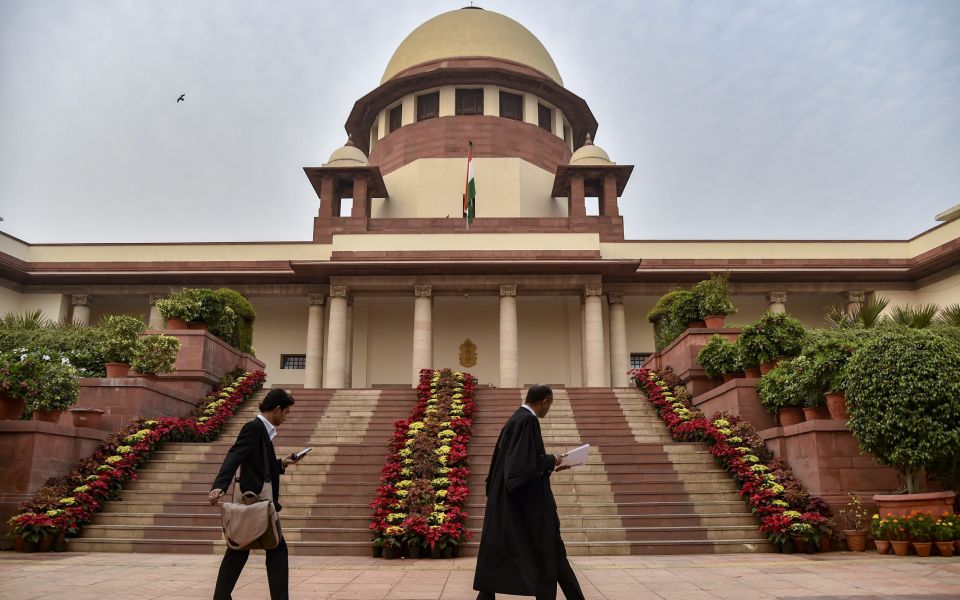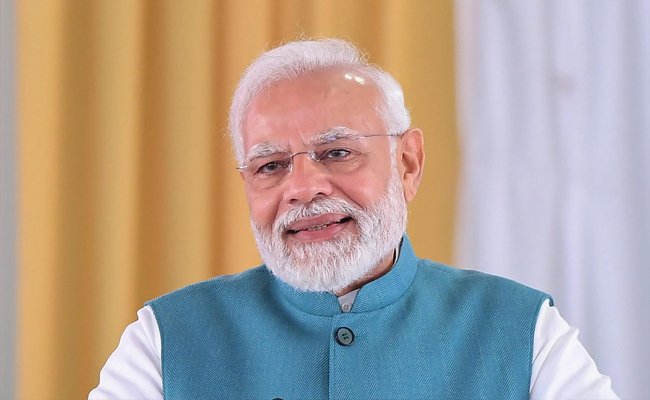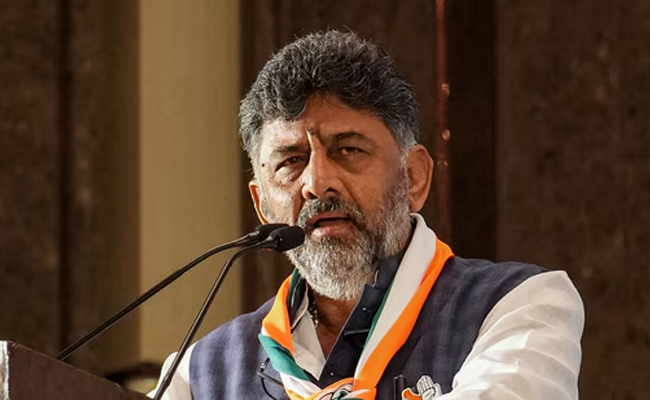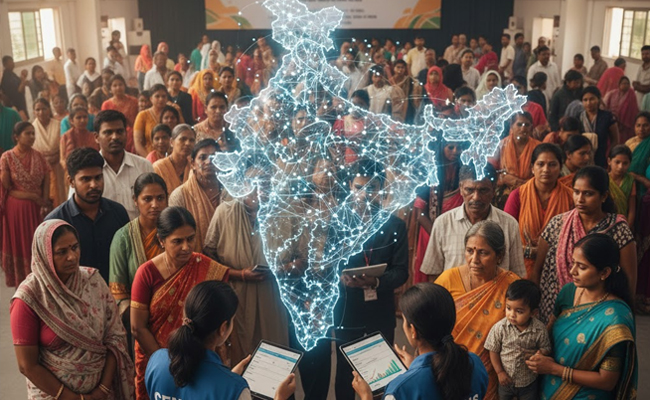New Delhi, May 16 (PTI): The Supreme Court on Friday said the right to live in a pollution free atmosphere was a part of the fundamental right as it struck down Centre’s office memorandum allowing ex post facto or retrospective environmental clearances to projects in violation of norms.
A bench comprising Justices Abhay S Oka and Ujjal Bhuyan made scathing remarks in its judgement delivered on a plea filed by Vanashakti organisation and said, "The Union Government, as much as individual citizens, has a constitutional obligation to protect the environment.”
The court said it "must come down very heavily" on the Centre's attempt to do "something which is completely prohibited under the law".
It added, "Cleverly, the words ex post facto have not been used, but without using those words, there is a provision to effectively grant ex post facto EC. The 2021 OM has been issued in violation of the decisions of this court…."
The bench, therefore, declared the 2021 office memorandum (OM) and related circulars “arbitrary, illegal, and contrary to the Environment (Protection) Act, 1986 and the Environmental Impact Assessment (EIA) Notification, 2006".
The Centre, as a result, was restrained from issuing directions for grant of ex post facto clearances in any form or manner or for regularising the acts done in contravention of the EIA notification.
“Under Article 21 of the Constitution, the right to live in a pollution free environment is guaranteed. In fact, the 1986 Act has been enacted to give effect to this fundamental right… Therefore, even the Central Government has a duty to protect and improve the natural environment,” it said.
The court ruled these measures unlawfully permitted the regularisation of projects that had violated environmental laws.
“This court in several decisions has held that the right to live in a pollution free atmosphere is a part of the fundamental right guaranteed under Article 21 of the Constitution of India,” Justice Oka, writing for the bench, said.
Referring to a March 14, 2017 a notification of the Ministry of Environment, Forest and Climate Change, the bench said it was made applicable to projects or activities that have started the work on site, expanded production beyond the limit of EC, or changed the production mix without obtaining EC.
“There is already a concluded finding of this court that the concept of ex post facto or retrospective EC is completely alien to environmental jurisprudence and the EIA notification,” it added.
The violation of the condition of obtaining prior EC must be dealt with heavy hands, it said.
“In environmental matters, the courts must take a very strict view of the violations of the laws relating to the environment. It is the duty of the Constitutional courts to do so,” it said.
The bench illustrated the drastic consequences of large-scale environmental degradation on human lives in Delhi and several other cities.
“At least for a span of two months every year, the residents of Delhi suffocate due to air pollution. The AQI level is either dangerous or very dangerous. They suffer in their health. The other leading cities are not far behind. The air and water pollution in the cities is ever increasing,” it said.
The bench said the OM was violative of fundamental rights of all persons guaranteed under Article 21 to live in a pollution free environment and it also infringes the right to health guaranteed under Article 21 of the Constitution.
Trashing the OM, the bench asked, “Can there be development at the cost of the environment? Conservation of environment and its improvement is an essential part of the concept of development.”
The top court further opined courts should come down heavily on such attempts.
"As stated earlier, the OM deals with project proponents who were fully aware of the EIA notification and who have taken conscious risk to flout the EIA notification and go ahead with the construction/continuation/expansion of projects. They have shown scant respect to the law and their duty to protect the environment,” it noted.
Apart from the violation of Article 21, such an action was stated to be in complete violation of Article 14 (right to equality) aside from being violative of the 1986 Act and the EIA notification.
The bench, however, said the ex post facto environmental clearances granted in certain cases both under the 2017 notification and the 2021 OM, at the present stage, wouldn't be disturbed.
Let the Truth be known. If you read VB and like VB, please be a VB Supporter and Help us deliver the Truth to one and all.
New Delhi (PTI): Prime Minister Narendra Modi on Saturday termed the mandate received by the BJP-led NDA in the Thiruvananthapuram Corporation a "watershed moment" in Kerala's politics and expressed gratitude to the BJP workers for the "spectacular results".
The Left parties suffered a major setback in the Thiruvananthapuram Corporation, held by them for 45 years, as the BJP-led NDA surged ahead with a huge lead.
Reacting to the civic body results, the prime minister said it is a day to recall the work and struggles of generations of karyakartas (workers) in Kerala, who worked at the grassroots, which ensured today's result became a reality.
"Thank you Thiruvananthapuram! The mandate the BJP-NDA got in the Thiruvananthapuram Corporation is a watershed moment in Kerala's politics," he wrote on 'X'.
PM Modi said the people are certain that the development aspirations of Kerala can only be addressed by the BJP. "Our Party will work towards this vibrant city's growth and boost 'Ease of Living' for the people," he said with the hashtag #VikasitaThiruvananthapuram.
The prime minister said the BJP karyakartas are the strength of the party, and everyone is proud of them.
"My gratitude to all hardworking BJP karyakartas who have worked among the people, which has ensured a spectacular result in the Thiruvananthapuram Corporation," he said.





